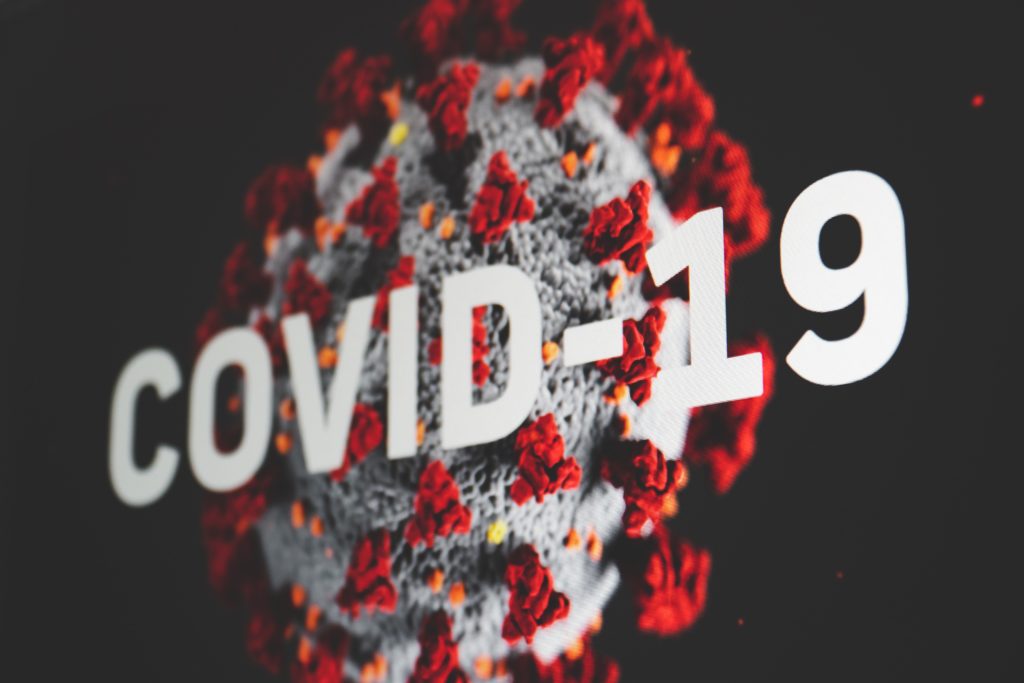Nearly every aspect of our lives was altered by the global COVID-19 outbreak, and the legal profession was no exception. Personal injury litigation is one sector that saw a lot of changes. The pandemic irreparably changed how personal injury lawsuits are processed, resulting in anything from court closures to modifications in settlement negotiations. In this article, we’ll examine how COVID-19 has affected personal injury lawsuits and consider whether these changes are merely short-term setbacks or significant shifts in the legal system.
1. Court closings and wait times
Courts encountered previously unheard-of difficulties as the world was gripped by lockdowns and safety concerns. Trials, hearings, and other legal procedures were all delayed as a result of many having to temporarily close their doors. Virtual hearings and remote processes were used frequently to adapt. While the immediate need for these measures may diminish as the pandemic passes, the practicality and effectiveness of virtual proceedings could eventually result in a hybrid strategy.
2. Negotiations for a Settlement While Uncertain
Settlement talks were influenced by the pandemic’s effects on the economy. Due to the unpredictable nature of determining damages in the midst of an ongoing crisis, parties were frequently reluctant. Even if the economy is likely to stabilize, the pandemic may continue to serve as a reminder of the value of effective settlement procedures.
3. Abruptions in Medical Evaluation and Treatment
Medical tests and treatments were hampered by lockdowns and overloaded healthcare systems. This made it difficult to compile reliable medical documentation and assess injuries. This obstacle will probably disappear when healthcare systems heal and return to normal, but the experience has highlighted the value of flexible approaches to evaluating medical claims.
4. Calculation of the impact on damages
Damage estimates were made more difficult by the pandemic’s economic effects. Due to quickly shifting employment conditions and the accessibility of healthcare, it was challenging to measure lost wages, medical costs, and other financial losses. As the economy begins to stabilize, this effect on damages assessment may fade, but it may also stimulate more thorough approaches to estimating long-term financial effects.
5. Disputes over Insurance Claims and Coverage
Pandemic-related uncertainty made it difficult to process insurance claims, especially when plans did not explicitly cover such circumstances. The fallout from the pandemic may lead to clearer language on future coverage for comparable catastrophes as policies change to reflect shifting risk landscapes.
6. The Jury Trial Backlog Problem
Traditional jury trials were hampered by social distance rules and safety concerns, which resulted in a backlog of cases awaiting trial. Courts might discover ways to speed up these cases while keeping the technological breakthroughs achieved during the pandemic when health concerns fade.
7. Governmental rules and legal precedents
The possibility exists for novel legal challenges, such as liability claims resulting from COVID-19 exposure, to establish new legal precedents. The future of personal injury lawsuits may be influenced by these. Additionally, how such situations are handled in the long run may be impacted by changes to governmental policies and legislation.
In conclusion, it is undeniable that the COVID-19 pandemic had a substantial effect on personal injury lawsuits. While some adjustments were made as a result of particular circumstances and will probably disappear once the epidemic passes, others may have a long-lasting impact on the legal system. Legal professionals will face a problem in determining which changes are permanent and then adapting accordingly. The development of personal injury lawsuits in the post-pandemic age will definitely be a subject of sustained interest and study as the world heals and adapts.



No comment yet, add your voice below!